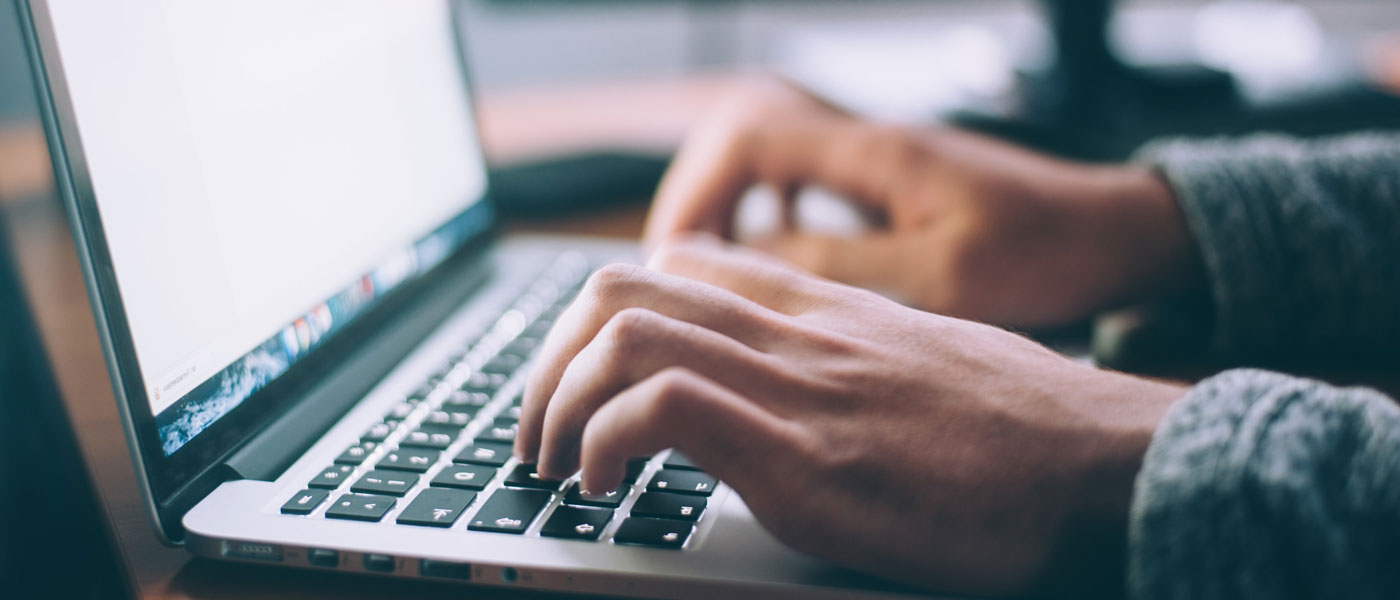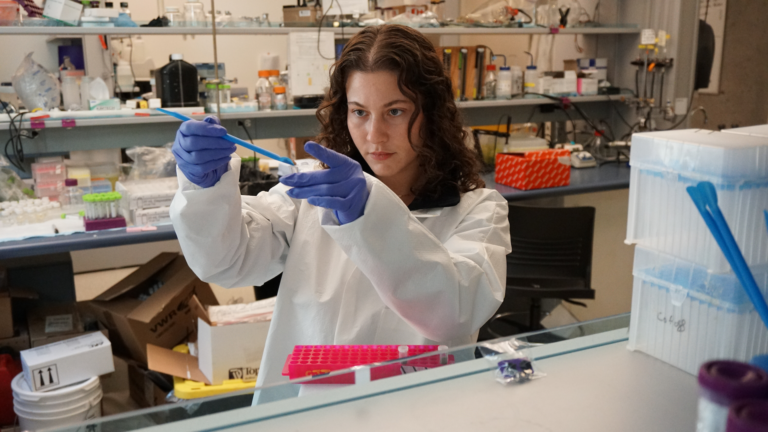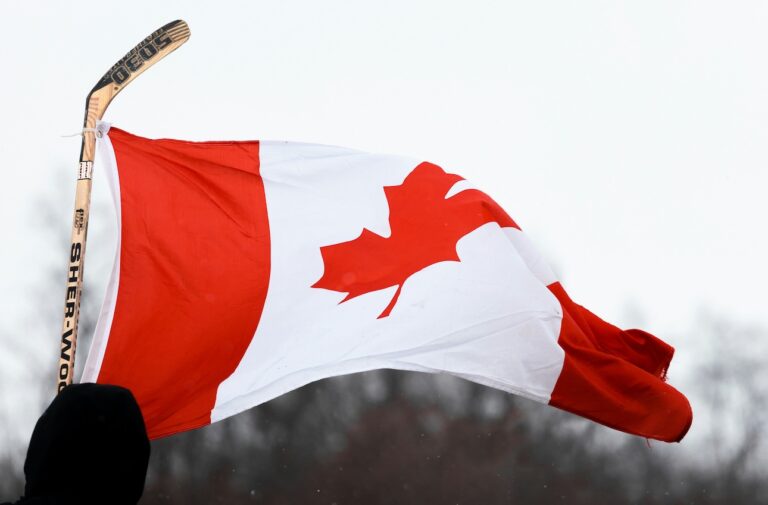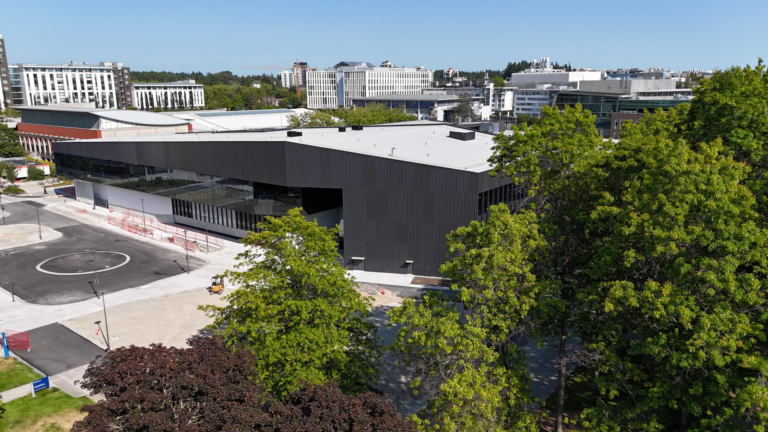Why UBC protects the personal information of its community
Seeking information and asking questions are natural human instincts. The drive to find out more, especially when a public institution or one’s own family is involved, is powerful and can lead to understandable frustration when there are no answers.

Seeking information and asking questions are natural human instincts. The drive to find out more, especially when a public institution or one’s own family is involved, is powerful and can lead to understandable frustration when there are no answers.
Why then does UBC not discuss with some parents or the media the personal information of its students, faculty or staff?
“In this age of social media and information sharing, it can be easy to overlook privacy protection,” says Paul Hancock, UBC legal counsel responsible for information and privacy. “But UBC takes its responsibility to protect personal information very seriously. We strongly believe that everyone has the right to expect their personal information to remain safe and secure, even if that risks upsetting those that feel they should know more.”
As Hancock notes, the university normally can only disclose personal information if that person has given consent to share their information with a third party, like a parent or family member. The university always tries to uphold the fundamental principle that individuals have the right to determine who has access to information about them.
The challenge, he says, is that consent is not always given.
“We set up a system several years ago for students to designate people who are allowed to get access to information about them,” says Hancock. “But for a variety of reasons, from simply forgetting, to not wishing to have their information disclosed, some students do not give UBC permission to discuss their situation.”
“It can lead to some difficult conversations.”
In these cases, the university will not disclose any information unless there are compelling health or safety reasons to do so. Hancock advises parents or other concerned parties to speak directly to the concerned student.
Michelle Lowton is the acting associate vice-president students at UBC Okanagan and often finds herself speaking with the families of students. She says she’s sensitive to their perspective but takes the responsibility to protect personal information seriously.
“I absolutely understand that it can be a difficult experience for parents in particular, especially those whose children are leaving home for the first time,” she explains. “But I hope it also comes as a comfort to know that UBC will so vigorously defend its students’ privacy. They can rest assured that we will not allow anything personal to end up in the wrong hands.”
Hancock says the issue is not only one of principle, but it’s also a matter of law. UBC, as a public sector organization, is subject to the Freedom of Information and Protection of Privacy Act (FIPPA) which strictly controls the release of personal information.
While Hancock says most of the concerns around privacy relate to students and their families, the university’s policies apply equally to faculty and staff. That includes when any member of the university community is involved in misconduct.
“Our commitment to privacy is designed to ensure that everyone is treated fairly and with impartiality,” says Hancock. “This is true not only for those facing accusations but just as importantly for those making complaints or raising issues. We run the very real risk of discouraging them from coming forward if they believe their story will be on display in public.”



